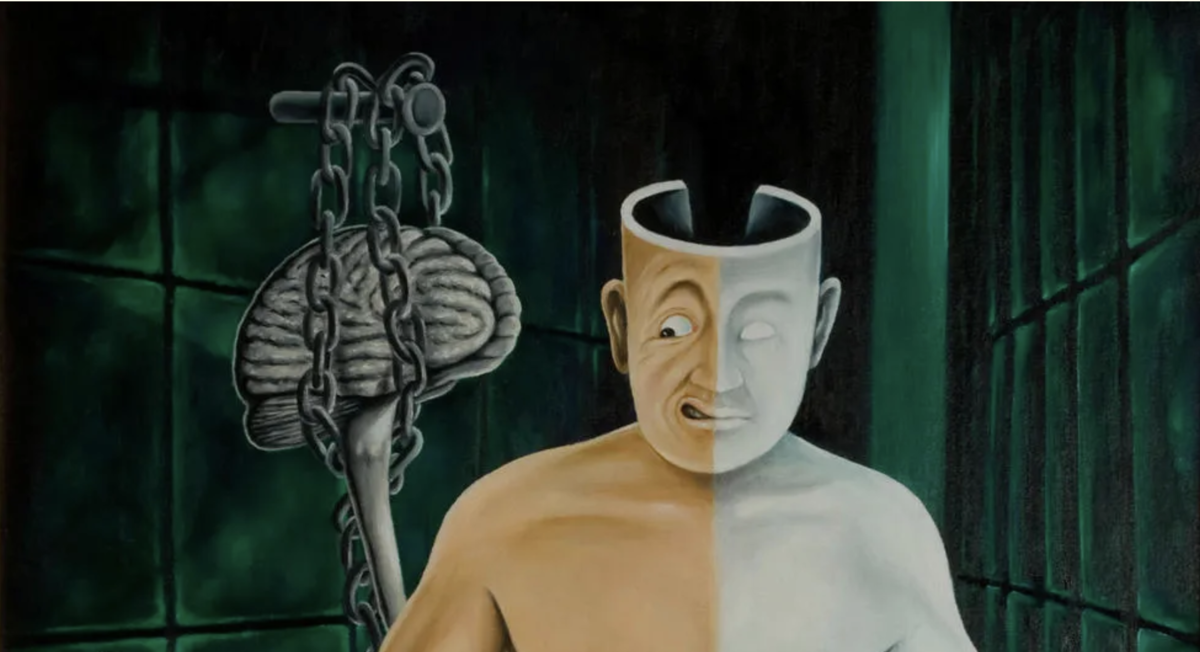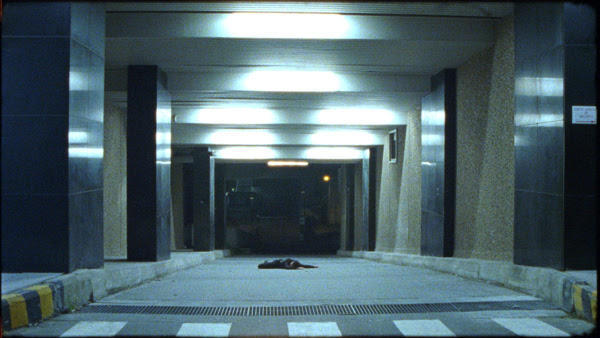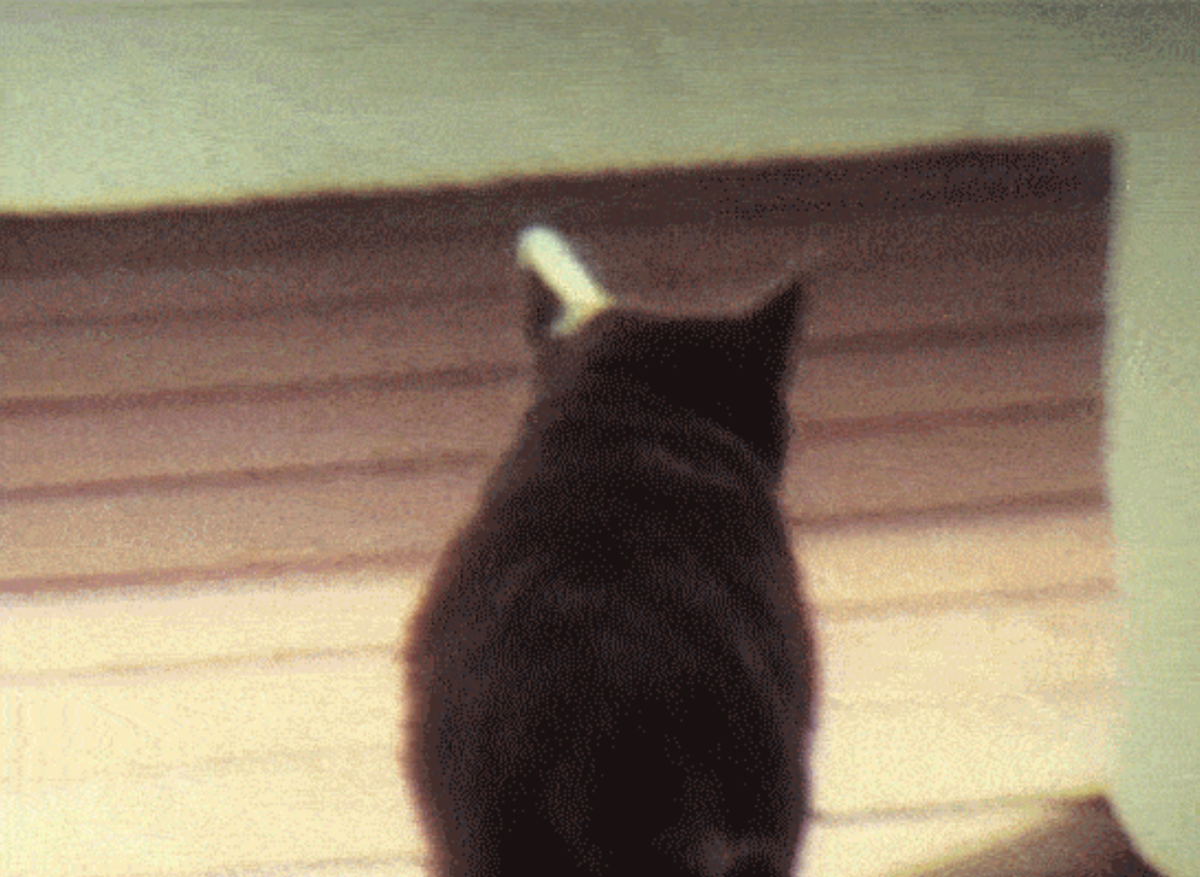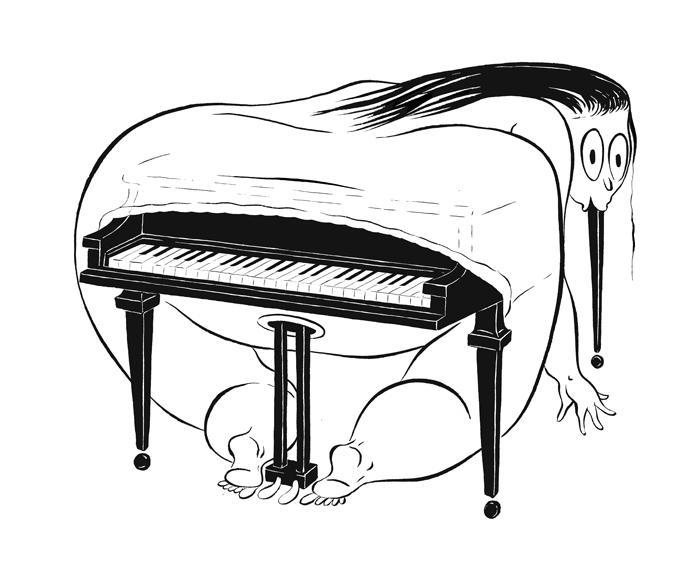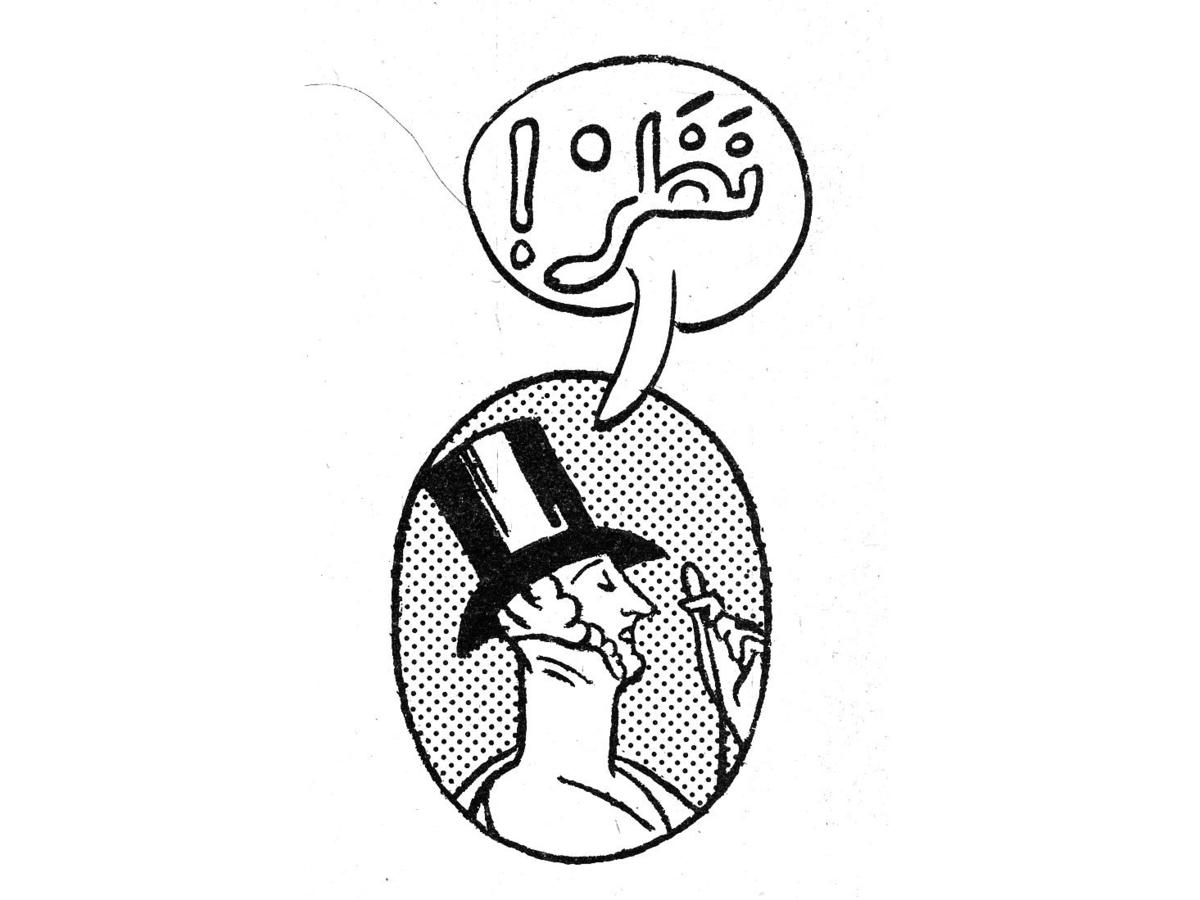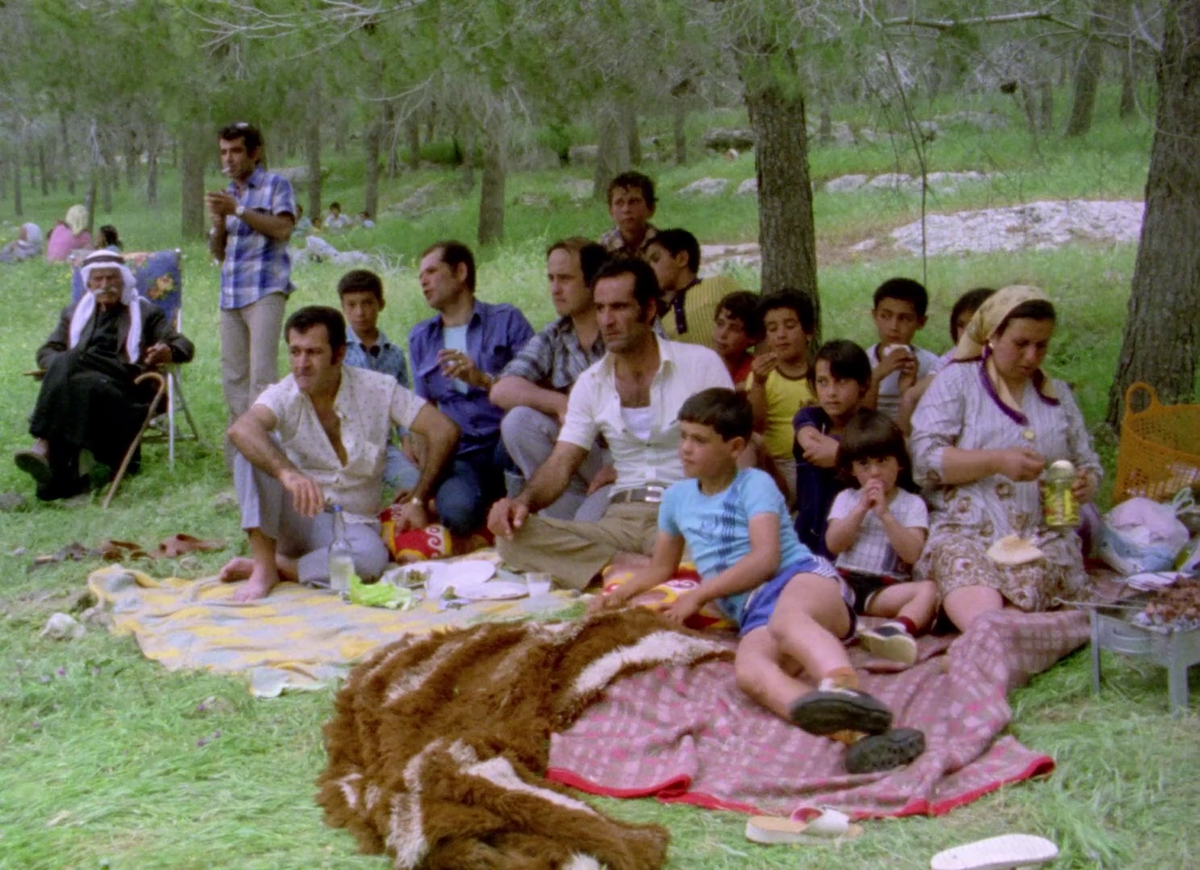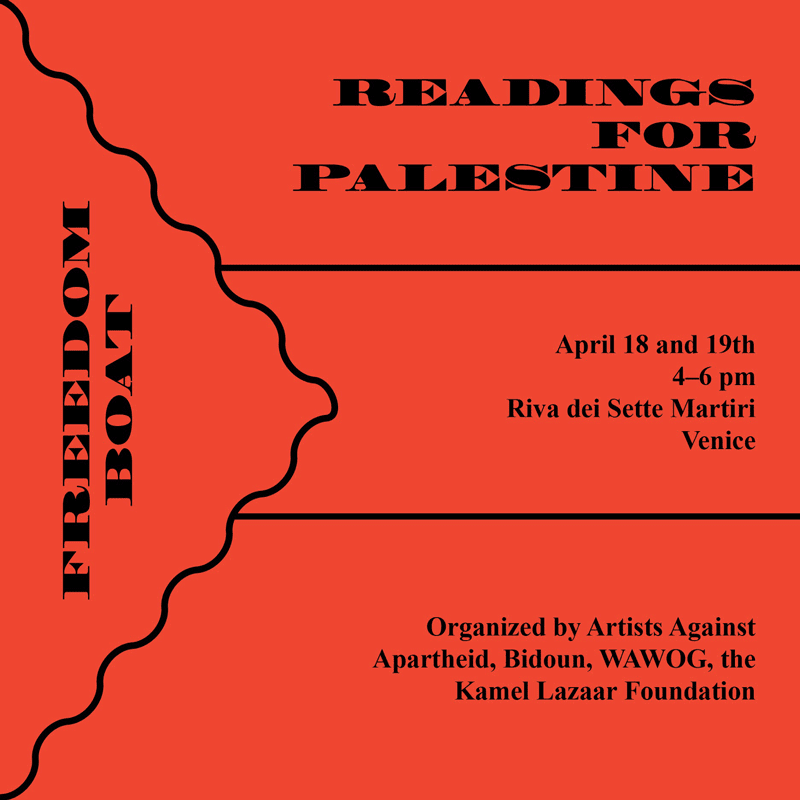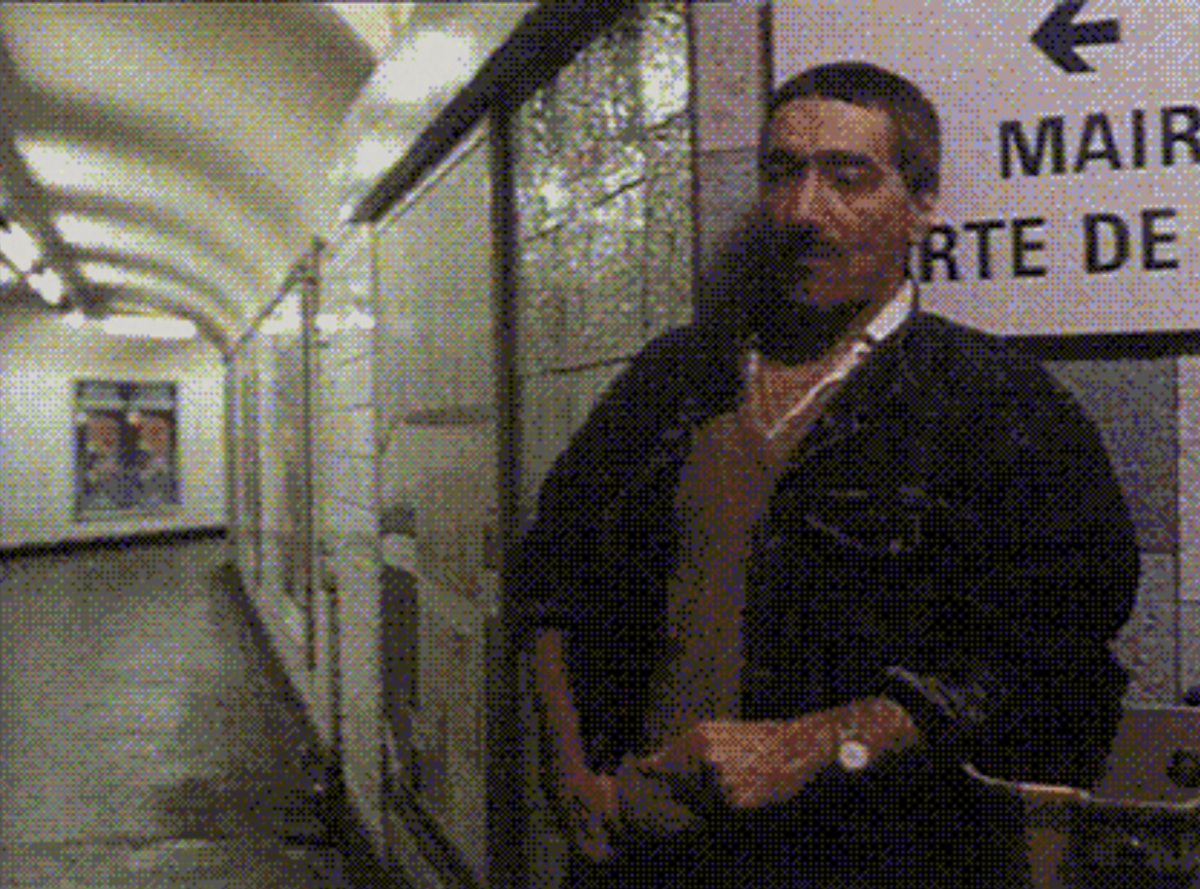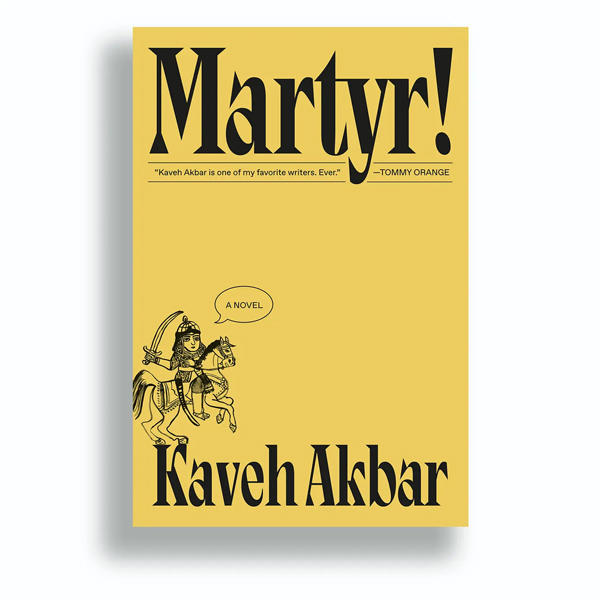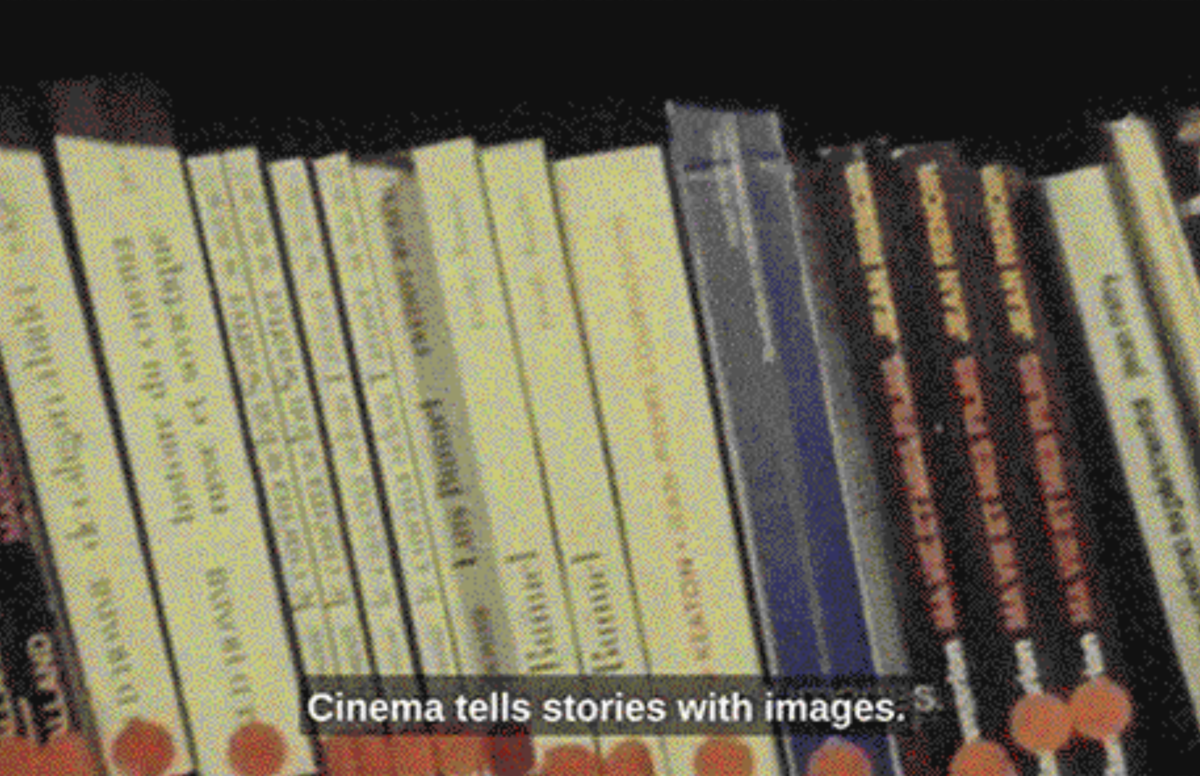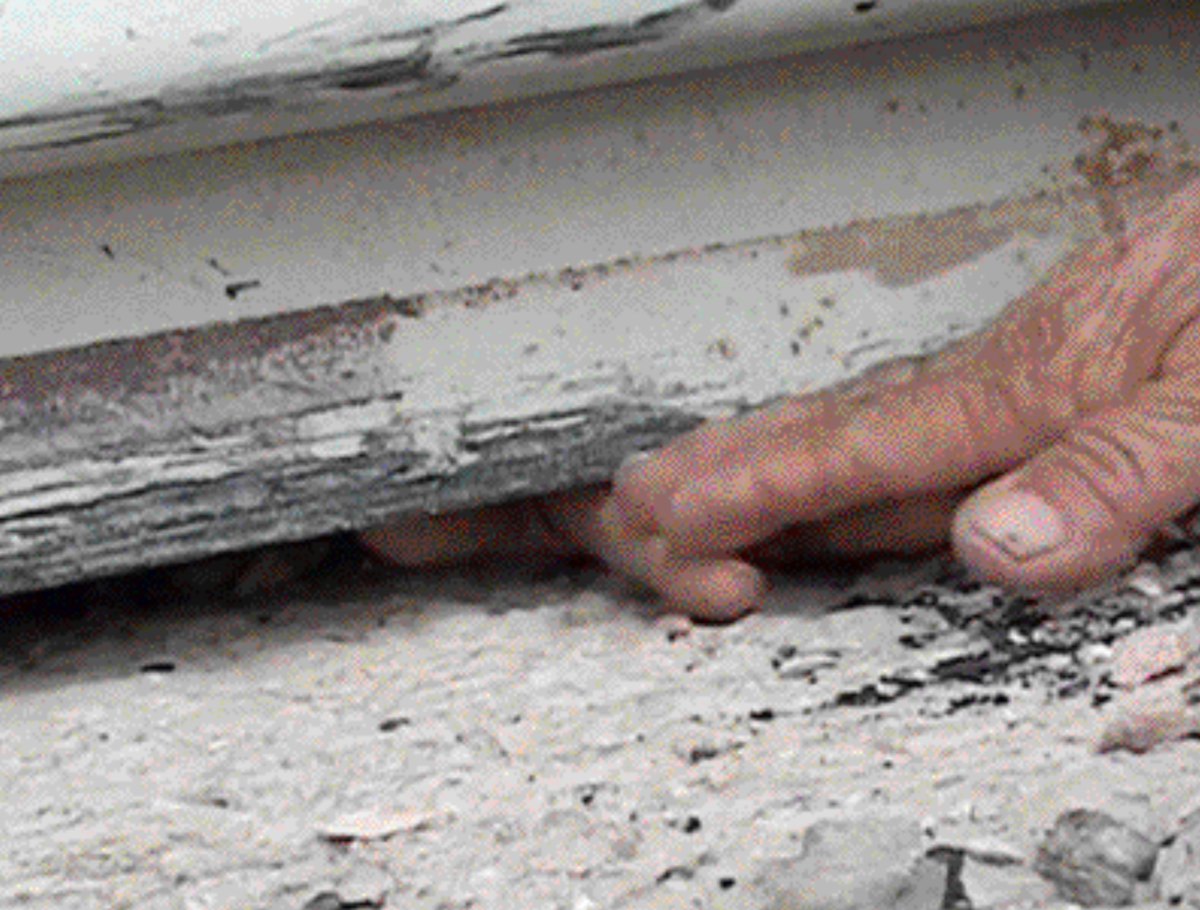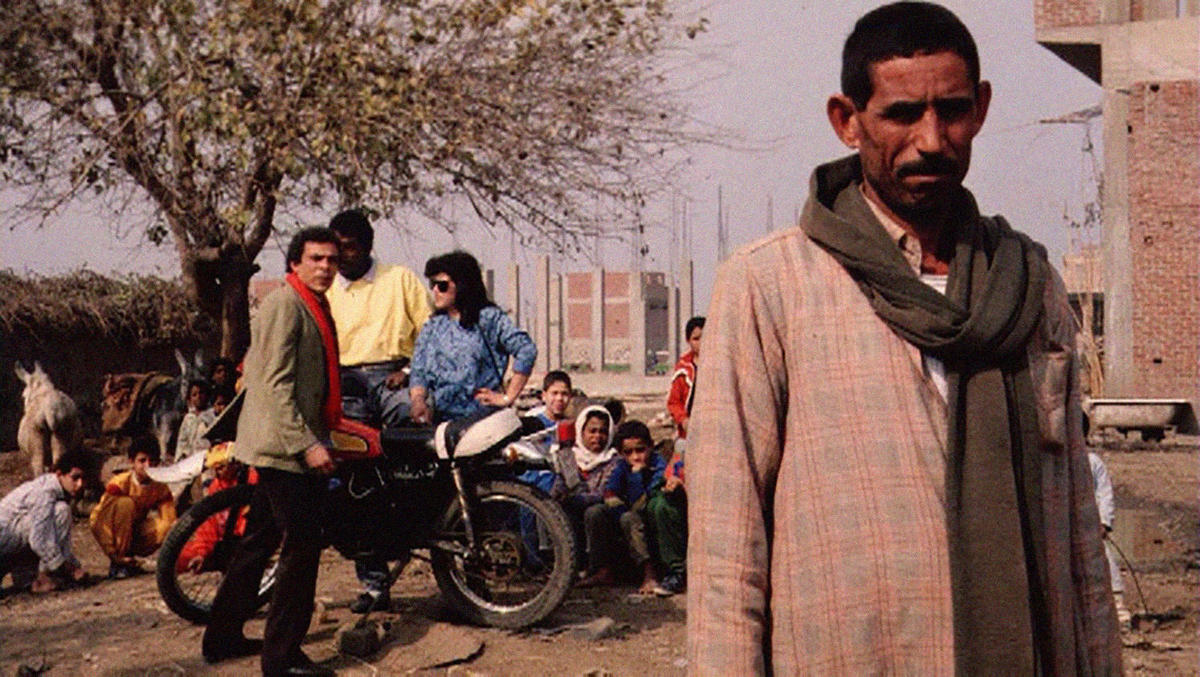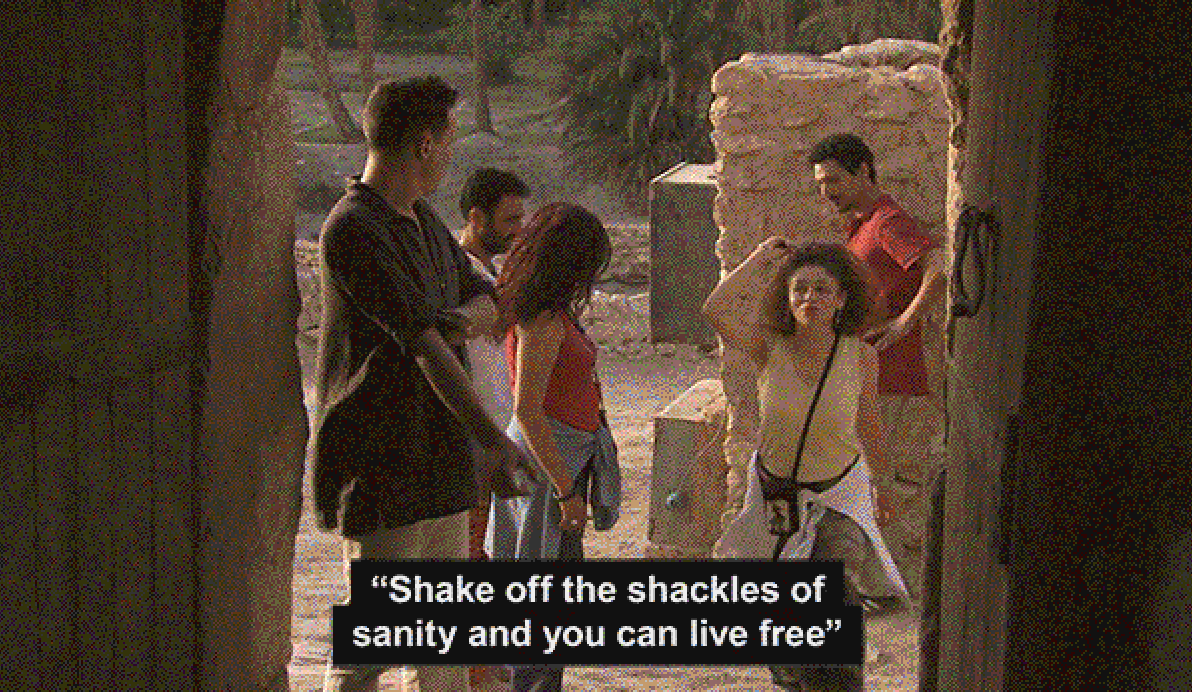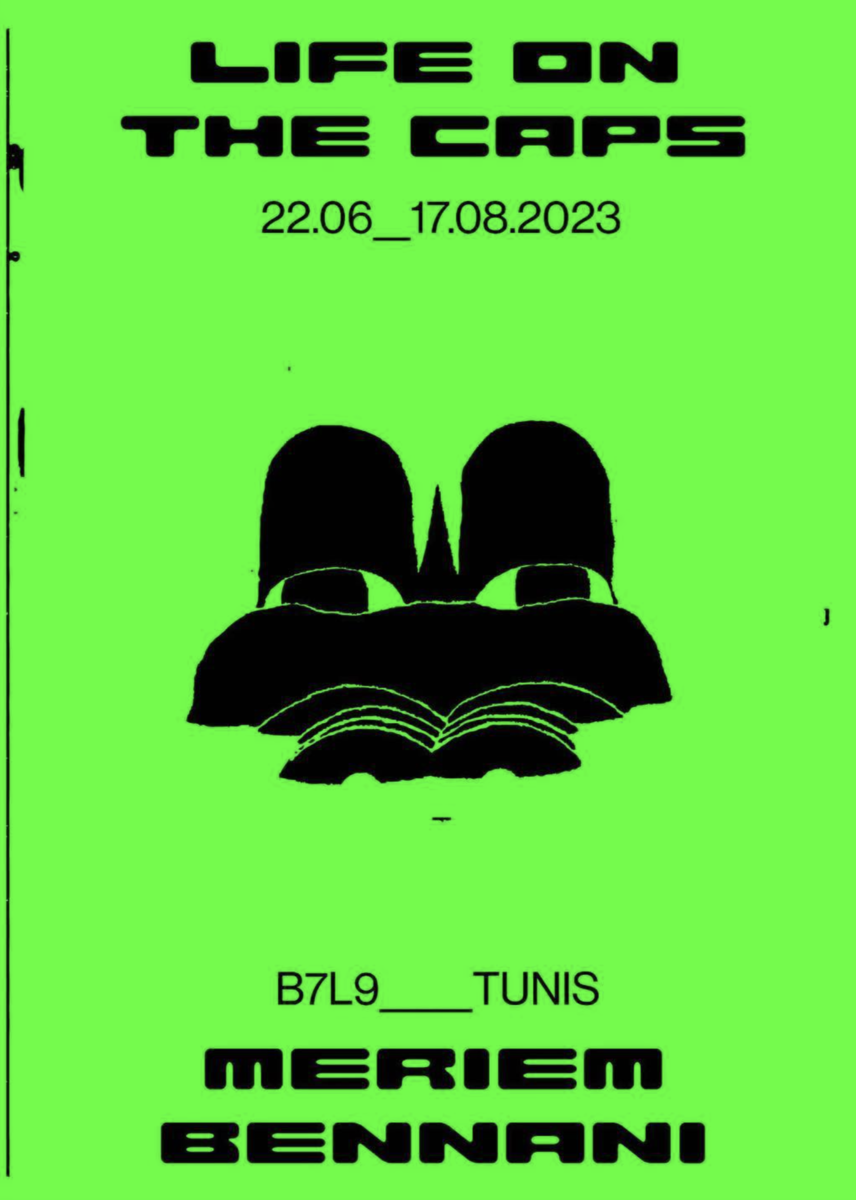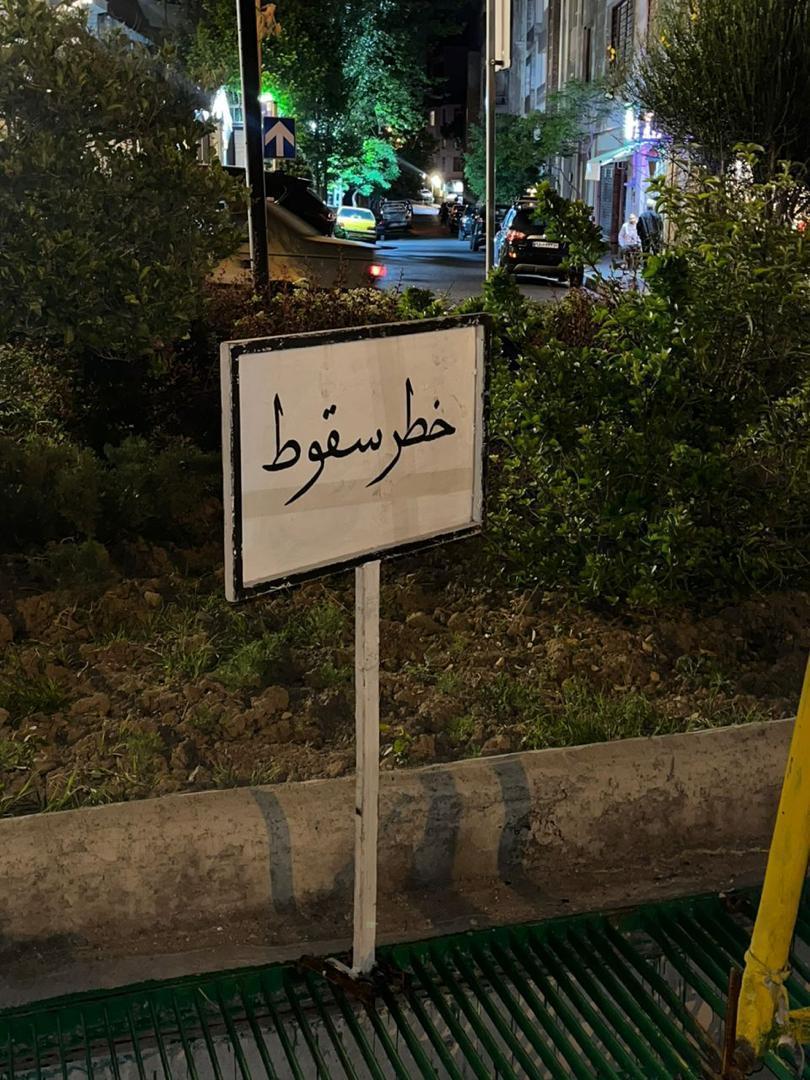December 31, 2025
The Year in Bidounica
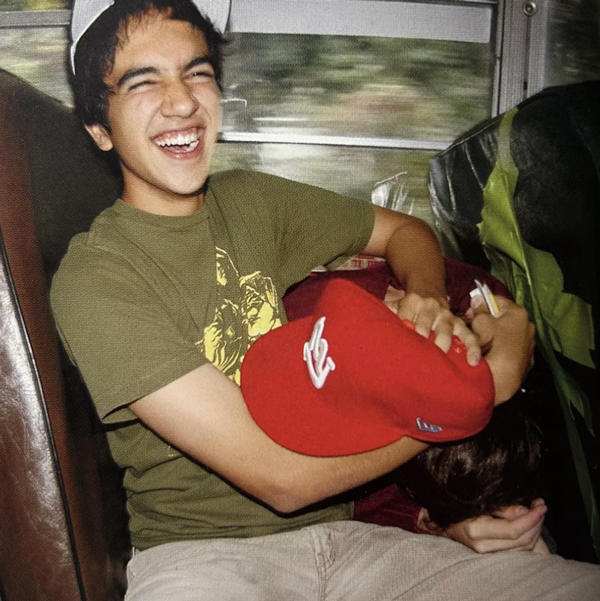
In the Bidouniverse, 2025 will be remembered as the year of Zohran Mamdani, whose victory united multiple ecologies—from community centers in Queens, to immigrants’ kitchens, to college campuses, and the city streets—into a viable municipal vision. If he is the apotheosis of the Bidouni—and he is—it’s because he wears his contradictions plainly: a socialist who knocks on front doors to fundraise, a friendly New Yorker who chats with strangers on the subway and smiles so much I have grown concerned about his jaw. He says nothing untoward, his politics are legible, his backstory exquisitely scrambled, and his left(ish) policies seem on their way to being semi-safely routed through the circuitry of governance.
The cynic in me, perhaps in every New Yorker, wonders if there’s something plastic about his promises, or if he’s perhaps too good to be true. Zohran may not be able to stop the firing squads, but I for one trust that he’ll at least make sure we’ve all received our fair share of blindfolds and cigarettes.
Zohran can’t abolish the system, but he can dissent inside of it—a fact that has this city feeling, at least temporarily, relieved, even hopeful. For more on what we at Bidoun loved in 2025, check out “The Year in Bidounica” on our Substack—and do subscribe if you haven’t yet done so! And coming in 2026, a conversation with filmmaker Mira Nair, now known as the Mayor’s Mom, as she looks at the year ahead with us.
—Zain Khalid, Contributing Editor
